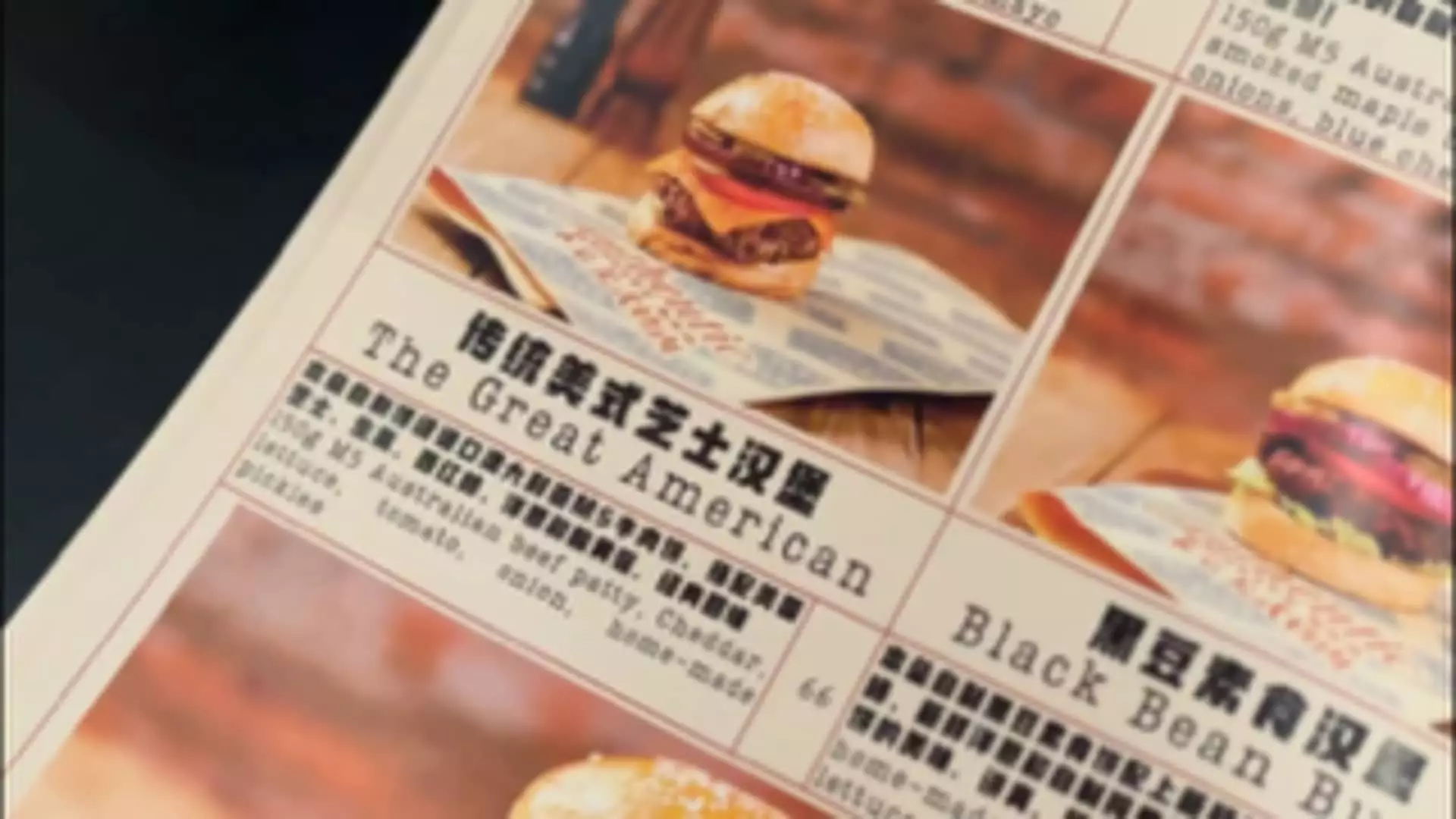In an era where food is not just sustenance but a cultural statement, the declining availability of American culinary imports in China exemplifies how trade wars can profoundly impact everyday life. It is sorrowful to witness the charming local restaurant scene, such as Geng Xiaoyun’s Kunyuan in Beijing, struggle to keep its authentic offerings alive. The once-celebrated “phoenix talons,” or salt-baked chicken feet imported from America, have become victims of tariff-induced price surges. Xiaoyun’s acknowledgment of the superior texture and taste of American chicken feet starkly underscores how geopolitics can intrude upon something as personal as a meal.
Chinese cuisine, rich in history and tradition, finds itself entangled in the complexities of international policy. One can only feel for a restaurant owner whose passion is thwarted by extrinsic factors beyond his control. While Brazilian or Russian chicken feet may be available, they simply fail to measure up to their American counterparts. It’s an unfortunate reality that highlights the stark contrast between culinary quality and economic manipulation.
Trade Agreements: The Fragile Lifeline of Taste
The fragile nature of trade agreements is becoming too apparent. The 90-day tariff pause, initially a glimmer of hope for culinary enthusiasts, is now under threat as accusations of violation fill the air. The dance of diplomacy is as relentless as it is damaging. With both nations exchanging barbs about breaches in terms, it seems increasingly likely that the repercussions will trickle down to restaurants and consumers alike. It raises discomforting questions: How many cherished dishes must be sacrificed at the altar of political gamesmanship?
For Beijing’s Home Plate, a bastion of American barbecue, the loss of U.S. Department of Agriculture-grade beef signals a broader malaise. The transition to Australian beef may mitigate some immediate concerns, but it underscores a perilous trend towards compromised quality. For many, the rich flavor of American beef has become a symbol of culinary authenticity that cannot be easily replicated by substitutes.
Culinary Consequences of a Political Game
The constant readjustments in suppliers and uncertainty around tariffs act as a chilling reminder that the world of food is intricately linked to the race for political supremacy. Liu Li, a seasoned beef supplier, is correct in saying that U.S. beef, which boasts a distinct flavor profile, has been unjustly priced out of the market. The repercussions bleed into wider social realms, affecting not only the economic viability of restaurants but also diluting the cultural fabric that flavors every meal.
Ultimately, what is at stake here is not just food but the very essence of culinary culture. The tension between the U.S. and China continues to impact the dining experiences of millions. As frivolous as it may sound, a trade war over chicken feet and beef signals a larger predicament: losing the rich intermingling of cultures through food. In a world that could benefit enormously from collaboration rather than contention, these culinary losses serve as a bitter reminder of how fragile our connections truly are.


Leave a Reply